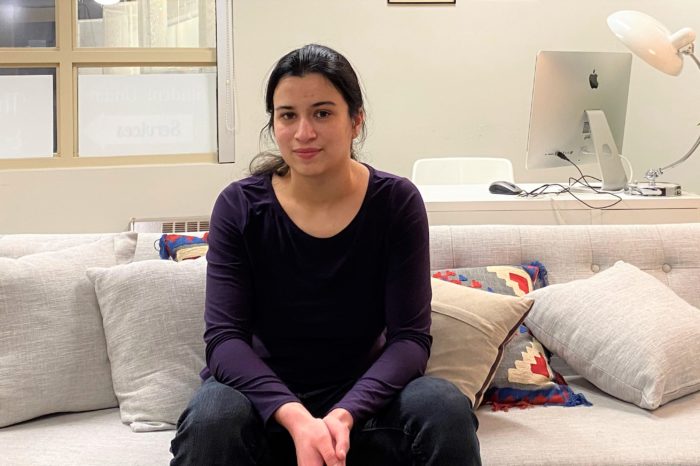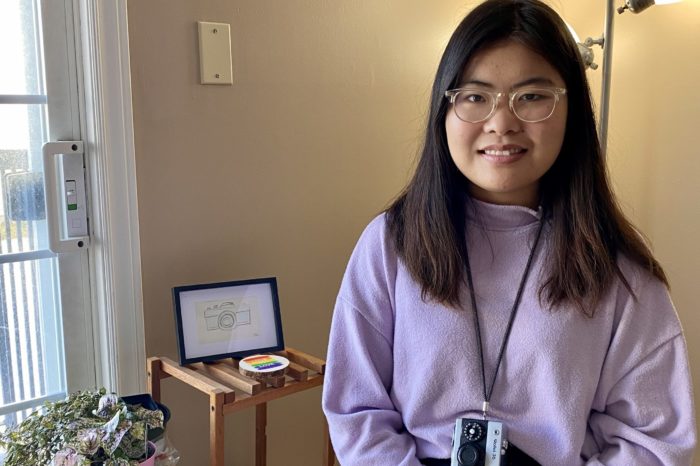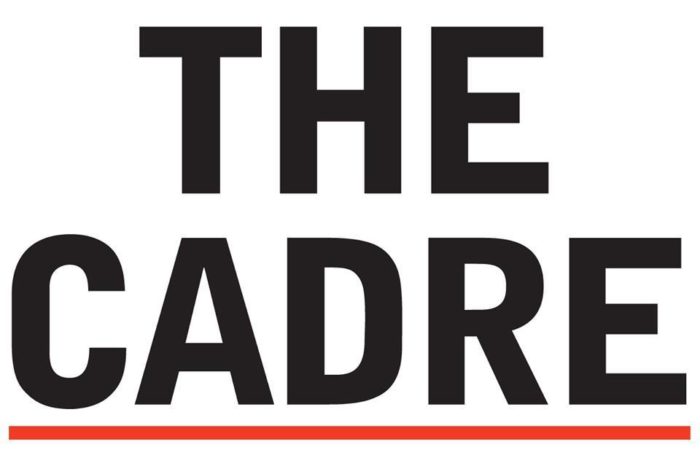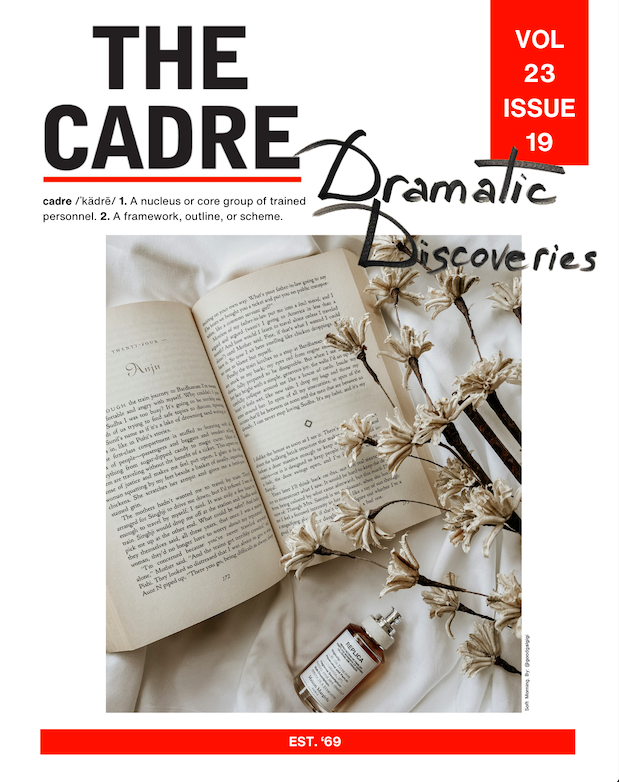By: Sarah Crosby
Youth voter-turnout was a prevalent issue in the recent federal election. Thanks to awareness campaigns and media outreach we saw a huge jump in political engagement among young voters. The election may be over, but we here at The Cadre would like to remind you it’s still important to be informed and involved with politics! Though our new federal government’s policies, caucus, cabinet (and great hair….ahem) might be dazzling, don’t forget that our Island has a buzzing political scene as well.
For example, the provincial government is currently in the process of reforming the Island’s electoral system. (In layman’s terms: changing the way we vote and elect MLAs). Electoral reform has been addressed on the Island before; in 2005 a public referendum was held proposing electoral change in response to extremely lopsided election results. Though this plebiscite failed, the question of electoral reform is being asked to Islanders again.
We currently elect our officials using a single member simple plurality system, or “first past the postâ€. This system is essentially 27 “mini†elections, in which islanders will vote for a candidate to represent their district. The candidate with the most votes will represent the district and the party to which they belong in the Legislative Assembly. The party with the greatest number of elected MLA’s will be asked to form government and the leader of the party then becomes the Premier.
The first-past-the-post system however, poses several issues:
- It favors two-party systems. When FPTP was adopted, we were a dual party province, however PEI now recognizes 5 official parties.
- It tends to produce extreme or lopsided majorities. In several cases on PEI, the opposition was reduced to one or two members proceeding elections.
- It is rarely an accurate representation of the popular vote; while a party might have a share of the percentage of votes this does not always translate into seats.
In response to these issues, the current government has released The White Paper on Democratic Renewal, and formed a special committee comprised of MLAs Jordan Brown (Charlottetown-Brighton), Dr. Peter Bevan-Baker (Leader of the Third Party), Honourable Paula Biggar (Transportation, Infrastructure and Energy), Janice Sherry (Summerside-Wilmot), and Sidney MacEwen (Morell-Mermaid).
The White Paper provides a brief history of electoral history on the Island, outlines the issues FTFP voting poses for PEI and proposes a potential model for reform. (For those interested the White Paper can be viewed here)
Along with the White Paper, the legislature has also organized several public meetings on democratic renewal to discuss proposals for electoral reform. The objective of these meetings is to educate Islanders about the various alternatives to a first past the post system, and allow special interest groups to present potential issues and concern to both the public and the committee.
The first of these public consultations took place this month, with two of these meetings being held last Wednesday in Charlottetown. The meeting opened with an introduction from committee chair Jordan Brown, and proceeded with presentations from various groups. First, staff from the legislative library presented options for alternatives to the FPTP system, followed by talks from Vision PEI, PEI Advisory Council on the Status of Women, and the Latin American Mission Program. Later in the evening several members of the public contributed to the committee’s considerations, including Claire Byrne and Travis Gordon – students from UPEI’s own Political Science faculty.
The presentation from the Legislative library’s staff outlined a number of alternative to our current system, presenting their pros, cons, and use in other democratic countries. Among the options were the preferential ballot, proportional ballot, and mixed member proportional.
The Preferential Ballot would give voters the option to rank candidates in order of preference. The bottom choices would be continuously eliminated, until a final winner was determined. This method, currently used in Australia, may promote “friendlier†campaigns, as party candidates would campaign for first and second place, not only the top spot. “Pure†preferential voting simply has voters rank the parties according to preference. The specific MLAs that would represent the party is then determined by a “party listâ€. As seats are won, they are awarded to candidates based on their standings in a predetermined list compiled by their respective party.
Proportional Representation was also discussed as an option. This style of voting has several variations, but the essential idea is that seats are allocated based on the percentage of popular vote they receive. Among the variations are Single Transferrable Vote and Mixed Member Proportional. The single transferrable vote, which is a combination of preferential and proportional ballot also has voters rank their choice of candidates, and is used in multi-member ridings. Mixed member voting gives constituents two votes; one for the party they wish to elect, and one for an MLA to represent their riding.
The White Paper presents the option of a preferential ballot; electing 28 MLA’s from 4 large ridings with boundaries similar to those used in our federal elections, with 6 small single member ridings within these. Voters would rank candidates first by local district, and then by regional district.
During the presentations from the various focus groups, the concern raised by many meeting-attendees was that the emphasis of these meetings must lie in consultation. Committee Chair Jordan Brown was quick to point out that this model is merely a proposed option- meant to spark public discussion and speculation. One of the problems with our current electoral system is that it does not produce governments that mirror Island society.
One concern is the lack of gender parity amongst MLA’s. Jane Ledwell, the representative for the PEI Advisory Council on the Status of Women emphasized the fact that despite women making up half of our island population, we have elected a mere 26 females to the legislature since 1922. Members from Vision PEI and the Citizen’s alliance also stressed the importance of consideration of public opinion during the reform process. A main reason cited for why the 2005 plebiscite was rejected was the lack of consultation prior to presenting an option to the electorate. Islander’s opinions, values, concerns and backgrounds need to be prioritized during this reform process.
So as Islanders, voters and engaged youth, let’s take part in this process! Though dates have not been officially set for further public consultation, there are still lots of opportunities to learn about democratic reform. The legislature has organized facebook and twitter pages with information on renewal, and we here at the Cadre promise to keep you in-the-know about further updates!









